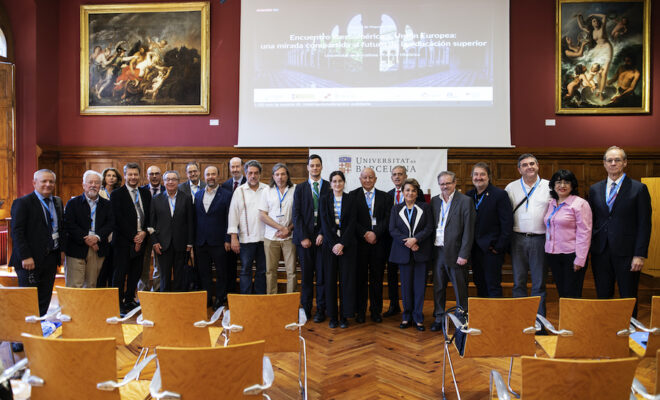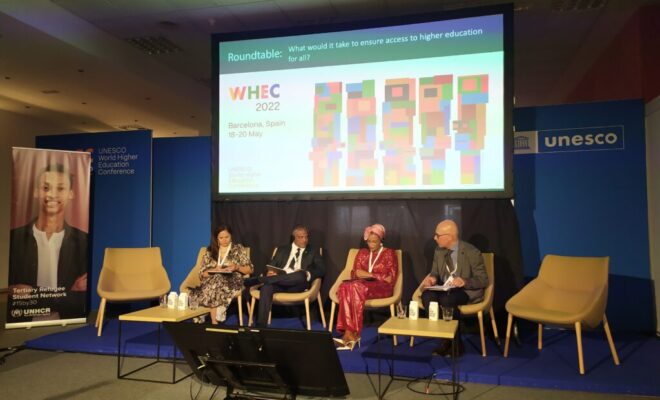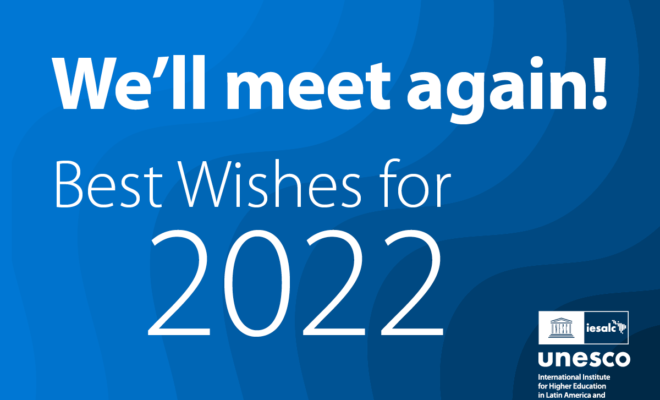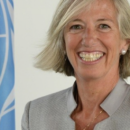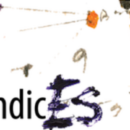Financing Higher Education

Panelists: Véronica Figueroa, Subsecretaría de Educación Superior de Chile, and Damtew Teferra, Professor of Higher Education, University of Kwazulu-Natal, South Africa.
Moderator: Francesc Pedró, UNESCO IESALC Director.

The demand for higher education has nothing but increased in the recent decades and is expected to continue to do so in the foreseeable future, propelled by demographic growth and an ever more knowledge-based economy. In order to realize the human capital potential of countries and to establish the foundation for their development, higher education systems worldwide will require considerable funding in order to increase their overall capacity, quality and equity. In this sense, this round table analyzes how the policy choices in higher education funding directly impact its levels of access, equity and quality.
A global conversation about public and private funding is key for the success of the Sustainable Development Goal (4), inclusive and equitable education and lifelong learning opportunities for all, highlighting human capital as the enabler of all the other goals.
Keypoints
- Feminism is a theoretical framework that serves for the reflection on financing.
- Talking about funding is not talking from a neutral place but from where we locate ourselves, from intersectionality.
- How to transform HE from a subsidiary State and how to advance to a funding system that is not understood as an end but rather understands that where we place the funding alternatives will determine who will access HE. If the funding is based on vouchers, it is difficult to recognize the non-traditional pathways for more vulnerable students.
- In Chile, although HE has been massified, it has been done with the criteria of inequality. It is paradoxical because the State’s contribution has grown in the last decades.
- Rethinking the HE financing model as a government we have the commitment to universally forgiving the student debt that has been generated with credits guaranteed by the State and think of a new financing system with criteria of educational justice, gender perspective, territoriality, and inclusion.
- The privatization of public institutions. In many Universities that are supposed to be public, many fees have been instituted; therefore, they are not public anymore. In the case of China, 80% of students go to public institutions, but all of them contribute fees to their education.
- With the massive growth of HE, we have not reached even 10% of the population. With this massification, we still have an elitist system.
- Institutions don’t know how much it costs to deliver education. There is a historical norming of what should be paid to receive an education but not much data on how much each student costs.
RELATED ITEMS

